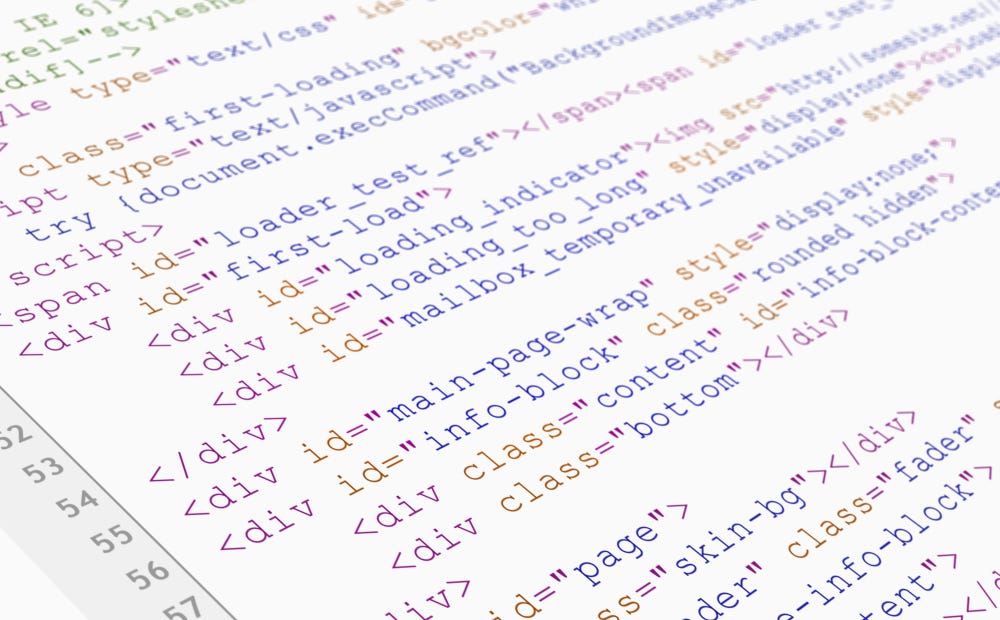The State of Context Engineering: Separating Facts from Fiction
OpenAI's cutting-edge AI model lost to a human programmer in a marathon 10-hour coding contest at the AtCoder World Tour Finals 2025 in Tokyo. Frankly, I expected this.
You know how to cook, but it doesn't mean you're a chef. This simple truth captures everything about the current state of AI and what people call "context engineering."
Like all things in the AI era, different people have vastly different understandings of what context engineering actually means. Some define it as the art of crafting perfect prompts. Others see it as a revolutionary new discipline that will replace traditional programming. The reality? It's far more nuanced than either extreme suggests.
The Myth of "Vibe" in AI
Let me be clear: there's no such thing as "vibe coding" unless you're building something trivially simple—maybe a thousand lines of code at most. The idea that you can just describe what you want and magically get production-ready code is, frankly, naive.
Yes, coding in a conversational way represents a major improvement. It removes the obstacle of learning new programming language syntax, which is genuinely valuable. But here's what the evangelists won't tell you: writing code in an AI environment still requires substantial technical knowledge.
Most of the time, you need to read and understand the AI-generated code to effectively instruct the AI to write relevant, maintainable code. You're not escaping technical complexity—you're just changing how you interface with it.
The Cognitive Reality
After extensive experience coding in AI environments, I can tell you this: my cognitive experience remains virtually identical to traditional coding. The mental models, the problem-solving approach, the architectural thinking—it's all the same.
I still have to:
Design modular architectures
Determine which segments should be reusable components
Separate global stylesheets instead of relying on inline styles
Insert breakpoints to troubleshoot state flows
Consider performance implications
Plan for scalability
The AI doesn't handle these decisions for you. It can't. These are fundamentally human judgment calls that require deep understanding of the business context, user needs, and technical constraints.
In My Opinion, What Context Engineering Actually Is
Real context engineering isn't about writing better prompts. It's about understanding how to provide AI systems with the right information, in the right format, at the right level of detail to achieve your specific business objectives.
Think of it like the difference between following a recipe and running a restaurant kitchen. Anyone can follow instructions to make a dish. But a chef understands ingredients, techniques, timing, and how to adapt when things go wrong. They know which shortcuts work and which will ruin the meal.
Similarly, effective context engineering requires you to understand:
The underlying capabilities and limitations of the AI system
How different types of information affect model behavior
When to be specific versus when to allow creative interpretation
How to structure information hierarchically for complex tasks
Which contexts to maintain across interactions
The Business Implications
For business leaders, this distinction matters enormously. The companies succeeding with AI aren't the ones trying to eliminate human expertise—they're the ones amplifying it.
If you're expecting to hand off complex business processes to AI without deep domain knowledge, you're setting yourself up for expensive failures. But if you understand that AI can augment your expertise while requiring your judgment, you can achieve remarkable results.
The most effective implementations I've seen combine AI's processing power with human contextual understanding. The human provides the strategic framework, the business logic, the edge case handling. The AI handles the heavy lifting of execution within those parameters.
Moving Beyond the Hype
We need to move beyond the magical thinking around AI and context engineering. It's not about replacing expertise—it's about leveraging it more effectively.
The teams that will win in this AI-driven era are those that invest in developing both technical fluency and domain expertise. They understand that context engineering is less about prompt crafting and more about systematic thinking applied to human-AI collaboration.
You can learn to cook with AI assistance, and that's valuable. But if you want to run a successful restaurant, you still need to understand the fundamentals of cuisine, operations, and customer experience. The tools have evolved, but the need for deep expertise hasn't disappeared—it's just been redirected.
The future belongs to those who can think like chefs, not just follow recipes.





